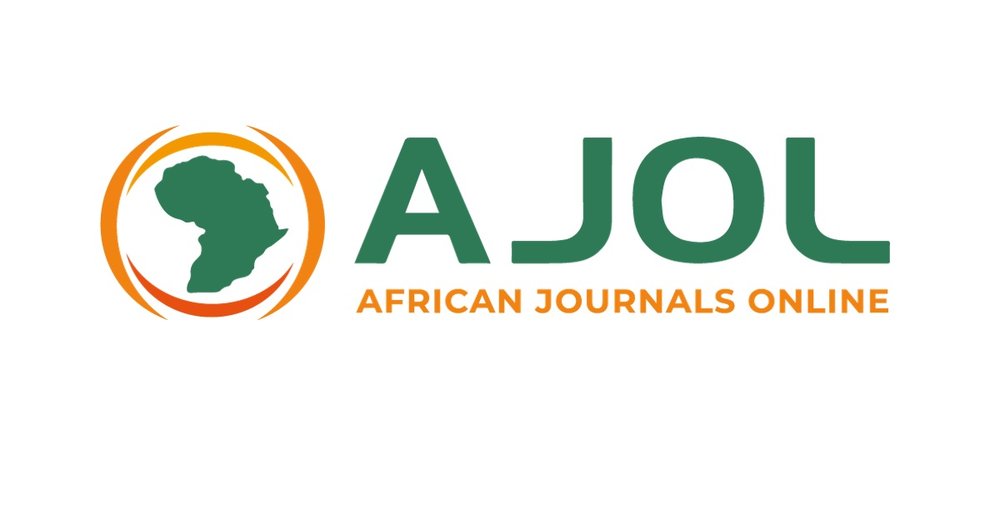Collection Spotlight: Unlocking African Knowledge - Key Research Databases You Should Know

by Anita Kuiken, Librarian for Falk College
If you're working on African Studies or simply passionate about Africa’s rich intellectual, cultural, and political contributions, there are three key databases in SU Libraries’ collection that you should explore.
These resources not only deepen your understanding of the continent and its diaspora but also offer perspectives and materials that are often missing or marginalized in mainstream research platforms.
Why does this matter?
Because African scholarship has long been filtered through Western frameworks that overlook or simplify the continent’s complexity. These databases help shift that dynamic by centering African voices, African knowledge systems and African contexts. Whether you're studying history, politics, health, music or literature, these resources offer access to regionally grounded research and culturally specific narratives that foster a more accurate and inclusive understanding of Africa and its global influence.
Using these databases allows you to:
- Incorporate authentic African perspectives into your work.
- Discover regional and local sources that may not be available elsewhere.
- Engage with scholarship produced by African researchers and institutions.
- Support decolonized research practices by moving beyond Western-centric models.
In short, these databases don't just supplement your research, they transform it, by opening new pathways to inquiry and making space for voices that have historically been underrepresented in academic discourse.
Africa-Wide Information
Whether you're a researcher, student or anyone with a deep interest in Africa, Africa-Wide Information is a resource you’ll want to explore. This database brings together millions of citations and abstracts from across all 56 African countries and surrounding islands—covering everything from scholarly articles and theses to news reports and grey literature.
What makes Africa-Wide Information especially valuable is its diverse range of sources. The database draws from major African studies institutions and international organizations, making it one of the most comprehensive African-focused research platforms. Key databases include Index to South African Periodicals, IBISCUS, Africa Institute Database, African Journals Online (AJOL), Media Africa and NAMLIT (compiled by the National Library of Namibia). Subjects include Agriculture, Art and Cultural Heritage, Biodiversity, Development and Economics, Drama and Literature, Education and Health, History and Politics, Industry and Mining, Law and Legal Systems, Music and Religion, Natural Resources and Sports and Society.
Africa Journals Online (AJOL)
AJOL works to increase global access to high-quality, peer reviewed research published by journals in 41 African Countries. Journal categories include: African Studies, Agriculture & Food Sciences, Aquatic Sciences, Art & Architecture, Biology & Life Sciences, Chemistry Mathematics & Physics, Earth Sciences, Economics & Development, Education, Environmental Sciences, Finance & Management, Fish & Fisheries, General Science, Health, History, Humanities, Information, Communication & Library Sciences, Language & Literature, Philosophy, Political Science & Law, Psychology & Psychiatry, Religion, Sociology & Anthropology, Technology Computer Science & Engineering and Veterinary Science.
Africa Knowledge Project (AKP)
AKP, an initiative of Africa Resource Center, Inc., is a digital platform that brings together journal articles, research, folktales, music and video from and about Africa and the African Diaspora. It offers a unique foundation in African Studies, which centers African knowledge systems and perspectives, moving beyond Western interpretive models to reclaim and reframe how Africa is studied and understood. AKP delivers Africa-centered, evidence-based content across the humanities and social sciences. It connects otherwise siloed materials like research, culture, theory and primary sources to support scholars, educators and lifelong learners.
To provide feedback or suggest a title to add to the collection, please complete the Resource Feedback Form.
